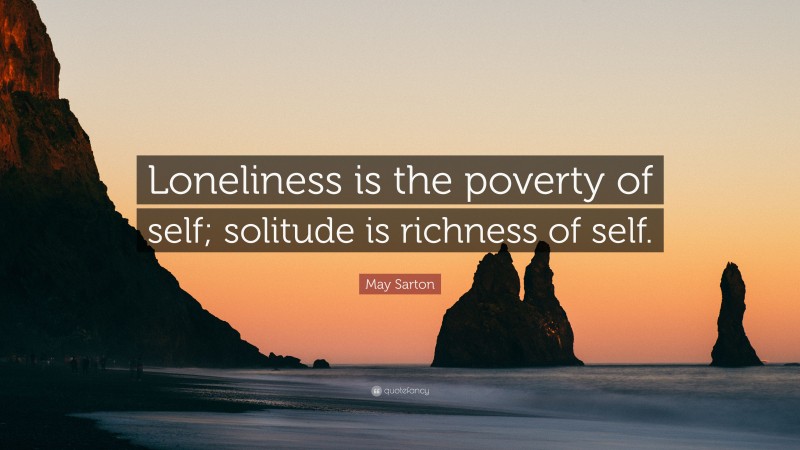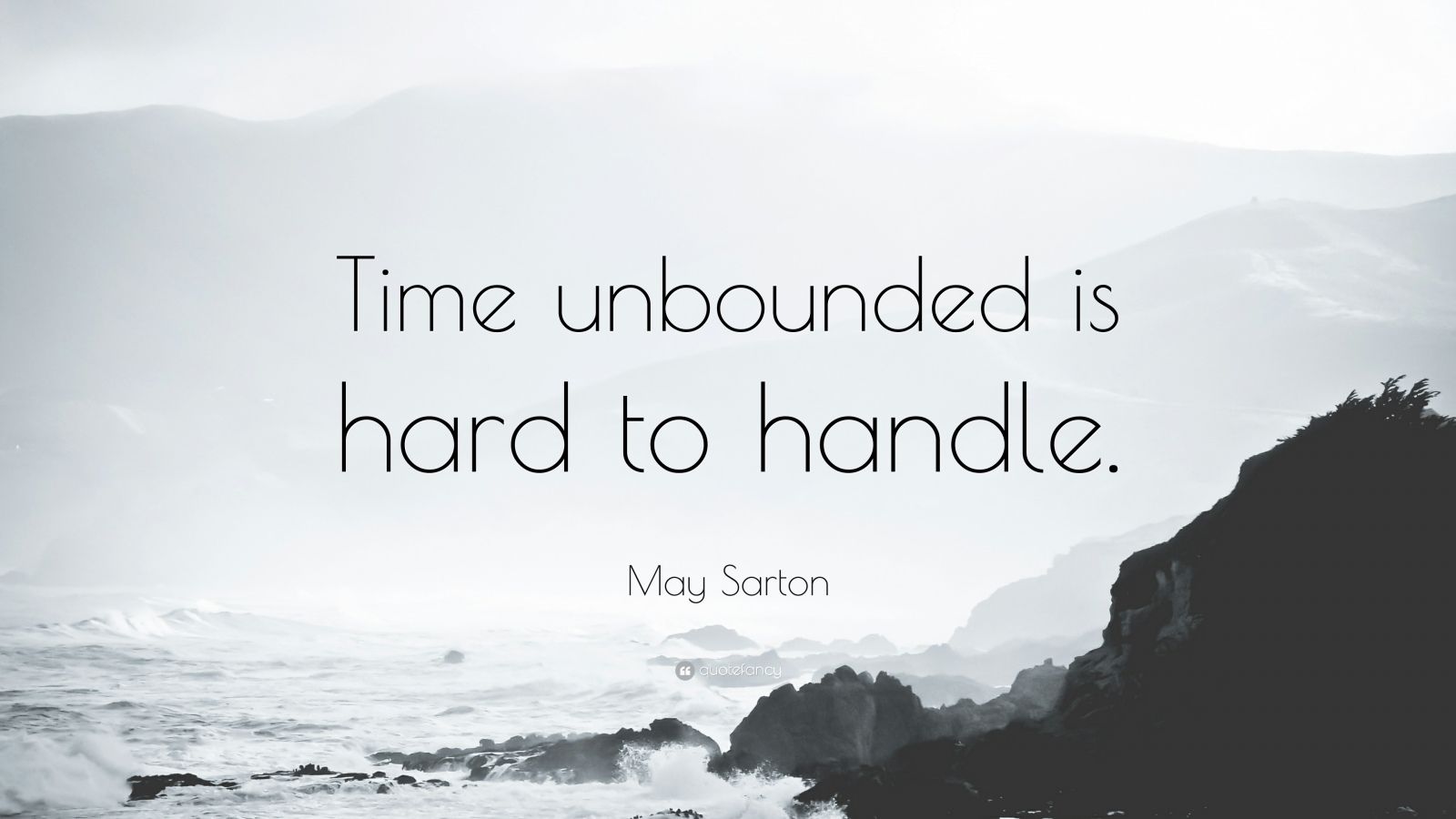

Sara Maitland skillfully weaves a history of silence and The disparate thoughts come nicely together to reassure the reader that retreat is possible, even necessary, and that it can be crafted from one’s own sensibilities, here and now.īook of Silence, by Sara Maitland.

Thoreau, from Rachael Carson to Mary Oliver, John Muir, and Leonard Cohen. Along the way are sprinkles of familiar and new names for exploring retreat on one's own terms, from Oliver Sacks to Thomas Merton, from Diogenes to Karen Armstrong, from Sara Maitland to Rebecca Solnit, from Yogananda to H. The author holds to no particular school and presents the relevance of each category to modern interests, taking the reader from Scottish haunts to Canadian conversions of religious buildings into modern retreats, to ideal settings of forest bathing, to personal disasters with an Indian meditation retreat. The alternatives tend to fall into three categories: "The Old Ways: Of Hermit Caves, Monasteries and Pilgrim Paths," "The New Deities: Nature and Culture: Of Forest Cabins, National Parks and Creative Sactuaries," and "Light of the East: Of Yoga Ashrams, Meditation Halls, and Body as Temple." Hence, the trajectories of Western, nature, and Eastern traditions, in new and modern reincarnations. At the same time these incidents prompt the author on her quest for better alternatives. The first section of five in the book starts logically with something that works: a forest retreat in a cabin that the author and her husband own and occupy in their "green cathedral." That is the positive first experience, but intrusive neighbors with nasty habits ("ATVs in the sanctuary") are a rude awakening. The farther one travels the less one knows.

Perhaps modern venues are just not worth the effort, each calling for lots of tinkering and rescue. Through the author's sensitive perceptions and clear-eyed judgment emerges a conclusion that the best retreat is the traditional retreat adapted to one’s own spiritual and psychologial inclinations, often without intermediary. Less familiar names of sites,venues,and pilgrimages give the reader a chance to experience retreat vicariously. The quest enumerates for new travelers names otherwise familiar to the inveterate pilgrim or quiet bibliophile. Kirsteen MacLeod’s search for modern retreat takes her – and the reader – on a journey around the world, often identifying traditional retreat sources secularized and adapted to modern sensibilities. In Praise of Retreat, by Kirsteen MacLeod. BOOK REVIEWS: HOUSE OF SOLITUDE Women & Solitude: 17 BOOKS & 1 ARTICLE


 0 kommentar(er)
0 kommentar(er)
